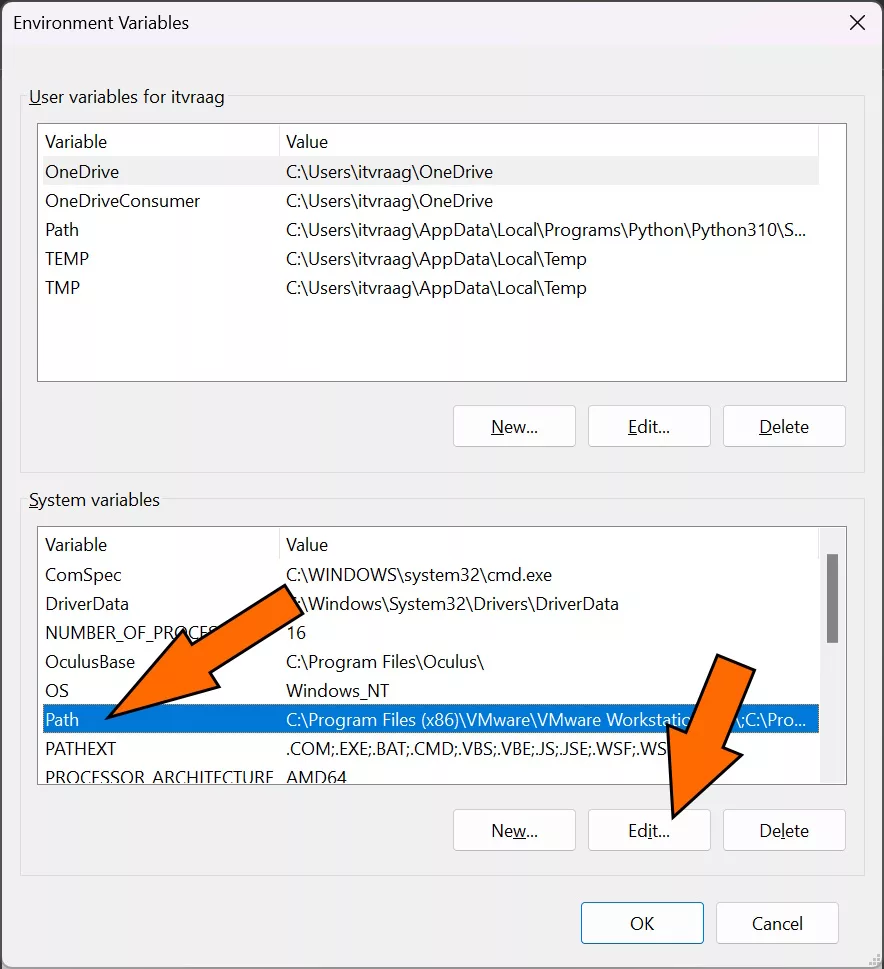Wildcards are an essential component of bash shell scripting and can be used to match patterns in filenames and directories. In this article, we’ll explore the ins and outs of using wildcards in bash and demonstrate their practical applications with real-world examples.
Prerequisites
Before diving into the topic, it’s important to have a basic understanding of the bash shell and how to work with the terminal. If you’re new to these concepts, check out some introductory tutorials before proceeding.
What are Wildcards in Bash?
Wildcards are special characters used in the terminal to match patterns in filenames and directories. They are used to select multiple files at once, making it easier to manipulate, move or delete a group of files with a single command. The most commonly used wildcard characters in bash are *, ?, and [ ].
Practical Use-Cases for Wildcards in Bash
Here are some concrete examples of how wildcards can be used to make your life easier as a bash user:
Selecting all Files with a Specific Extension
Let’s say you have a directory with hundreds of files and you want to select all the files with the .txt extension. Instead of selecting each file manually, you can use the following command:
ls *.txt
This will display a list of all files with the .txt extension in the current directory.
Selecting all Files Starting with a Specific Letter
If you want to select all files starting with the letter a in the current directory, you can use the following command:
ls a*
Selecting Files with a Specific Length
Let’s say you want to select all files with exactly three characters. You can use the following command:
ls ???
Selecting Files within a Range
If you want to select all files starting with the letters a to m in the current directory, you can use the following command:
ls [a-m]*
5 Tips for Using Wildcards in Bash
- Always escape wildcard characters if you want to match them literally. For example, if you have a file named
*you can match it using\*. - Use
~to match files in the home directory. For example,ls ~/Desktop/*will match all files on the desktop. - Use
!to exclude files from a match. For example,ls *[!0-9]*will match all files that don’t contain numbers. - Wildcards can be used with most commands, not just
ls. For example,rm *.bakwill delete all files with the.bakextension. - Combine wildcards to match more complex patterns. For example,
ls [a-z]*[0-9]will match all files starting with a lowercase letter and ending with a number.
Key Points
- Wildcards are special characters used to match patterns in filenames and directories in bash.
- They can be used to select multiple files at once, making it easier to manipulate, move or delete a group of files with a single command.
- Wildcards are particularly useful when working with large numbers of files.
- They can be combined to match more complex patterns.
Next Steps
Now that you’ve learned about using wildcards in bash, you may want to explore other shell scripting concepts such as variables, loops, and functions. These concepts will help you write more complex scripts that automate tasks and make your life as a power-user even easier.
Challenge
Try using wildcards to match all files in the current directory that start with a lowercase letter and contain a number. Share your solution in the comments below!
In conclusion, wildcards are a powerful tool in the bash shell that can save you time and effort when working with files. With a little practice, they can become an indispensable part of your workflow. Happy scripting!



